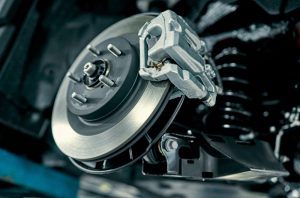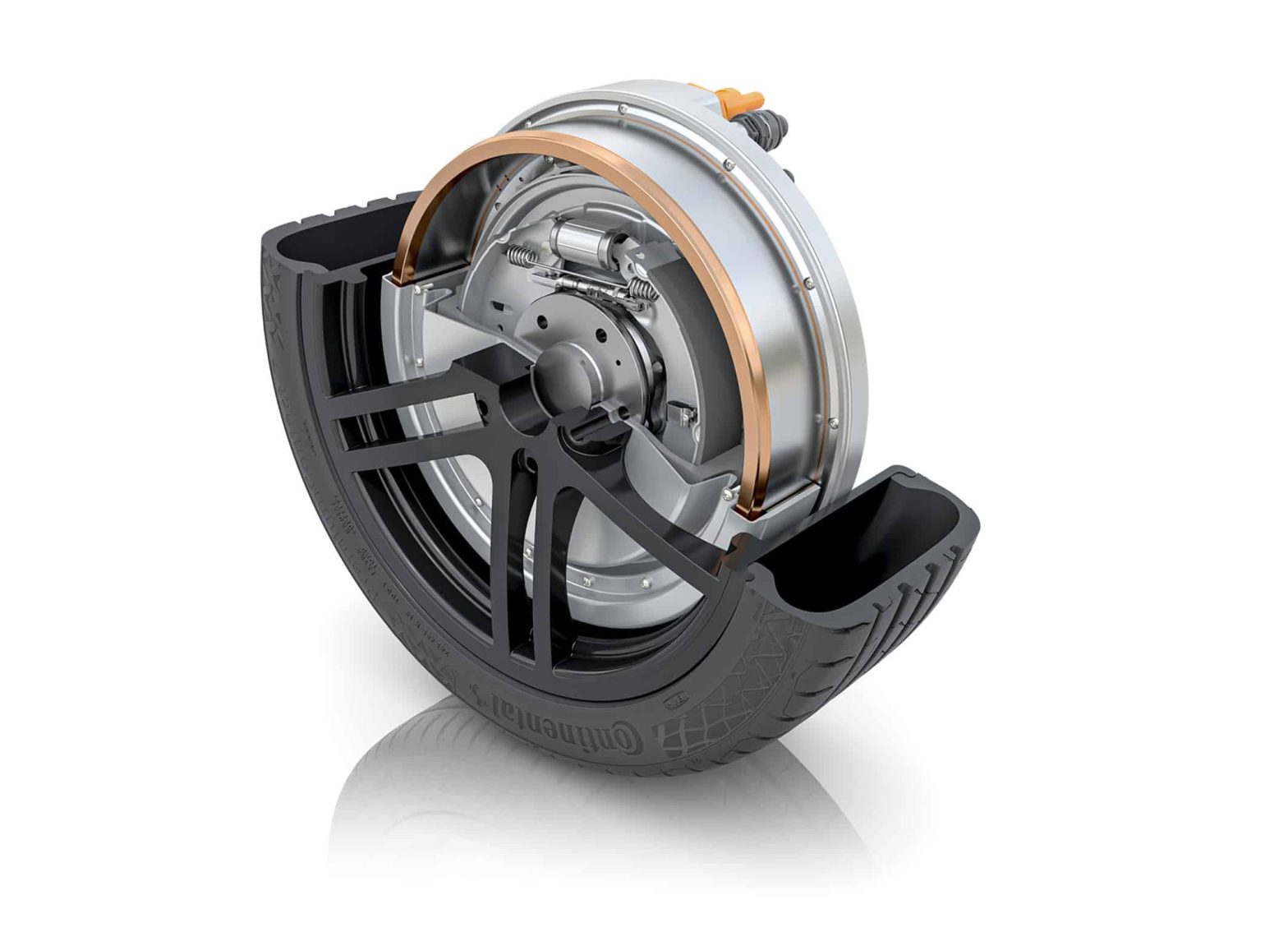Electric Brakes: Revolutionizing Car Safety
Modern advancements in automotive technology have brought about significant improvements in vehicle safety, and one of the standout innovations in recent years has been the introduction of electric brakes. These brakes represent a leap forward in both performance and safety standards, offering drivers enhanced control and reliability on the road. This article explores how electric brakes work, their advantages over traditional braking systems, and their impact on overall car safety. Electric Brakes: Revolutionizing Car Safety
The Functionality of Electric Brakes
Electric brakes operate on a fundamentally different principle compared to traditional hydraulic braking systems. Instead of relying on hydraulic fluid pressure to engage brake pads against rotors, electric brakes use an electrical signal to activate electromagnets. These magnets then create the necessary force to apply the brakes.

This method provides several advantages:
1. Enhanced Responsiveness and Control
Electric brakes are known for their immediate response times. The absence of hydraulic fluid means there is virtually no lag between the driver’s action on the brake pedal and the braking force applied to the wheels. This responsiveness translates to better control over braking intensity, which is crucial in emergency situations where split-second decisions can make a significant difference in preventing accidents.
2. Regenerative Braking Technology
One of the most significant advantages of electric brakes is their compatibility with regenerative braking technology. In hybrid and electric vehicles, regenerative braking harnesses the kinetic energy generated during braking and converts it into electrical energy. This energy can then be stored in the vehicle’s battery or used to power other systems, improving overall efficiency and reducing reliance on traditional friction brakes. https://gatesheadautoelectrics.com.au/4×4-dual-batteries-solar-electric-brakes-newcastle/
Advantages Over Traditional Braking Systems
Compared to traditional hydraulic brakes, electric brakes offer several compelling advantages:
1. Reduced Maintenance Requirements
Electric brakes have fewer mechanical components prone to wear and tear compared to hydraulic systems. This results in reduced maintenance costs over the lifetime of the vehicle. There is no need for brake fluid flushes or concerns about hydraulic leaks, which are common issues in traditional braking systems.
2. Improved Safety Features
The inherent design of electric brakes contributes to enhanced safety features. Advanced electronic control systems can monitor wheel speed, brake force distribution, and vehicle stability in real-time. This capability allows for more precise and effective braking interventions, such as anti-lock braking systems (ABS) and electronic stability control (ESC), which are integral to preventing skidding and loss of control in challenging driving conditions.
Impact on Car Safety
The adoption of electric brakes has had a profound impact on overall car safety:
1. Accident Prevention and Mitigation
Electric brakes play a crucial role in accident prevention by providing drivers with superior braking control. This helps reduce the likelihood of collisions by allowing drivers to react quickly to unexpected changes in traffic conditions or hazards on the road.
2. Enhanced Driver Confidence
With improved braking performance and stability, drivers can feel more confident behind the wheel, particularly in adverse weather conditions or when navigating challenging terrain. This confidence contributes to a safer driving experience overall.
Conclusion
Electric brakes represent a significant advancement in automotive safety technology, offering drivers unparalleled control, efficiency, and reliability. As the automotive industry continues to evolve, electric brakes are expected to become standard features in vehicles of the future, further enhancing road safety for drivers and passengers alike.
In summary, the transition to electric brakes marks a transformative moment in car safety, aligning with broader efforts to innovate and improve vehicle performance across the board.


